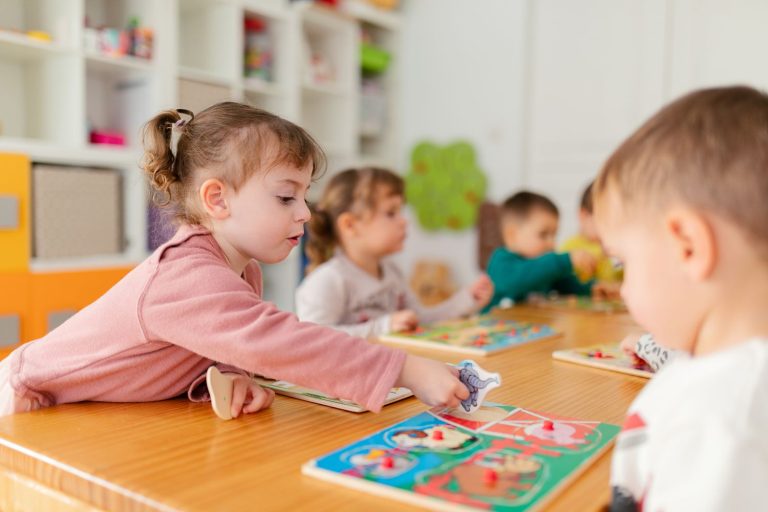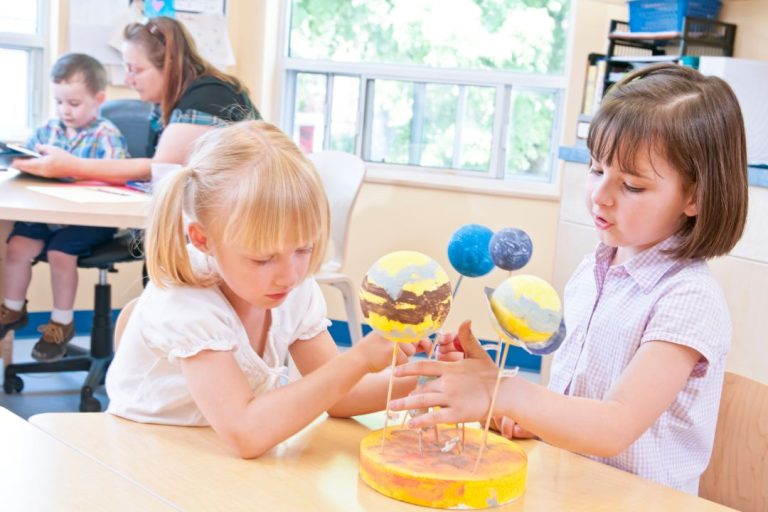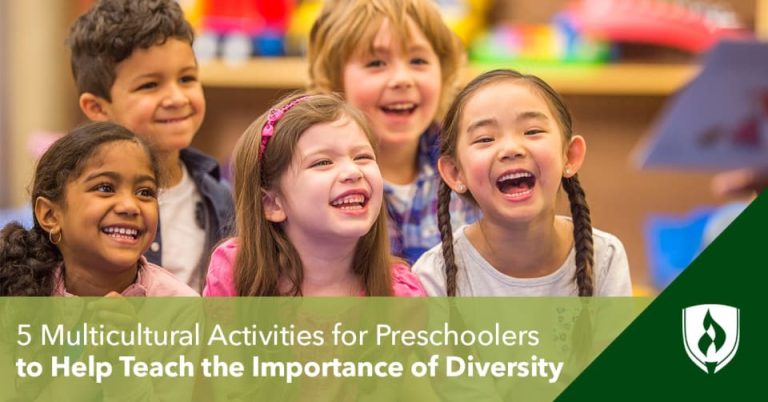What are the Benefits of Homeschooling? Unlock Potential!

Homeschooling offers personalized learning and flexible schedules. It fosters a close-knit family environment and a safe learning space.
Embracing homeschooling can dramatically reshape a child’s educational experience, tailoring it to individual learning styles and paces. With the traditional classroom setting aside, parents can design a curriculum that best suits their child’s specific needs and interests, making education a more engaging and effective process.
The flexibility extends to scheduling, allowing families to plan educational activities around their unique lifestyles and commitments, which can be particularly beneficial for travel, health needs, or family businesses. Moreover, turning the home into a classroom enhances the bonding between parents and children, establishes a supportive atmosphere for learning, and eliminates concerns about school-based bullying or peer pressure. As the homeschooling movement grows, resources and communities are burgeoning, offering networks for shared experiences and support. This approach to education not only meets academic standards but often exceeds them, as evidenced by homeschooled students’ performance on standardized tests and college admissions.
Customizing The Curriculum For Excellence
As we delve into the concept of Customizing the Curriculum for Excellence, it becomes clear why homeschooling can be a powerful approach to education. Parents and educators have the unique opportunity to tailor the educational experience to the learner’s strengths and needs, paving the way for a level of academic personalization that is hard to find in traditional school settings. By customizing the curriculum, students are not just taught, they are inspired to excel at their own pace and in their own style.
Strengths-focused Learning Approach
The ability to focus on a child’s strengths is a key advantage of homeschooling. With a strengths-focused learning approach, the educational plan emphasizes a student’s natural talents and interests. This method not only boosts confidence but also increases engagement and retention of information. By leaning into areas where a child naturally excites, a homeschool curriculum can transform learning into a passion rather than a chore.
Adapting To Individual Learning Styles
Each child learns differently, and a one-size-fits-all approach often overlooks individual learning needs. Homeschooling offers the flexibility to adapt teaching methods and curriculum to various learning styles. Visual, auditory, reading/writing, and kinesthetic learners can all benefit from a personalized educational approach that caters to how they process information most effectively.
- Visual learners may benefit from charts, diagrams, and image-rich textbooks.
- Auditory learners might excel with lectures, audiobooks, and discussion-based learning.
- Reading/writing learners enjoy traditional textbooks and writing assignments.
- Kinesthetic learners thrive with hands-on experiments and activities.
Flexibility In Choosing Educational Materials
Flexibility in curriculum selection stands as one of the most empowering benefits of homeschooling. Traditional schools often restrict materials to a specific set of textbooks or resources, but homeschooling breaks down these barriers. Parents can leverage an array of educational tools ranging from the latest digital software to classic literature, customizing lessons to be as diverse and dynamic as the world around us.
| Type of Material | Benefits |
|---|---|
| Textbooks | Structured and comprehensive subject matter |
| Online Platforms | Interactive and updated content |
| Educational Games | Engaging and motivational tools for learning |
| Real-World Experiences | Practical knowledge and life skills |
Unlocking Potential Through Personalized Attention
The growing trend of homeschooling has highlighted the significant impact of personalized attention on a student’s academic journey. Unlike traditional classrooms that cater to the needs of the many, homeschooling adopts an individualized approach. By tailoring the educational experience to a child’s unique learning style, pace, and interests, homeschooling has the unrivaled potential to unlock a student’s full potential. Let’s delve into how this bespoke learning environment can transform your child’s educational experience.
One-on-one Tutoring Advantages
When it comes to personalized education, the advantages of one-on-one tutoring are second to none. Direct and immediate feedback ensures misconceptions aren’t left unaddressed, forming a strong foundation for advanced concepts. This dedicated attention results in:
- Accelerated learning, as students progress at their own pace without waiting for peers to catch up.
- Development of independent thinking skills, as students are encouraged to explore solutions on their own.
- Confidence building, with a safe space to ask questions and make mistakes without judgment.
Addressing Specific Educational Needs Promptly
Each child is unique, with specific educational needs that require attention. Homeschooling allows for an adaptive learning environment where these needs can be promptly identified and addressed. Benefits include:
- Customized strategies to overcome learning obstacles, keeping frustration at bay.
- Flexibility to adjust teaching methods to accommodate different learning styles.
- Immediate intervention during learning challenges, preventing gaps in knowledge.
Encouraging Deep Dives Into Subjects Of Interest
Homeschooling isn’t just about addressing weaknesses—it’s also about leveraging strengths. When a student shows a passion for a particular subject, homeschooling can foster this enthusiasm through deep dives into their areas of interest. This approach not only ignites a love for learning but also allows for:
- Exploration of advanced topics not typically covered in standard curriculums.
- The chance to develop expertise in a chosen field from an early age.
- Opportunities for real-world application of knowledge, tying learning to tangible outcomes.
Enhanced Family Bonds And Values
Enhanced Family Bonds and Values play a pivotal role in the upbringing of children, shaping their character and worldview. Homeschooling offers a unique opportunity to weave these deep connections and moral teachings seamlessly into a child’s education. This tailored approach not only focuses on academic achievement but also on reinforcing the familial fabric. Let’s delve into how this close-knit educational style fosters a nurturing environment for both intellectual growth and family relationships.
Increased Time With Family Members
The homeschooling model inherently provides more interactions between children and parents, siblings, and extended family. With a flexible schedule, there’s ample time for shared activities, conversations, and mutual learning experiences. These interactions can lead to stronger relationships and understanding among family members. Additionally, parents often witness their children’s milestones firsthand, rather than second-hand, which can be incredibly rewarding.
Integration Of Family Values Into Education
One of homeschooling’s greatest strengths is the ability for parents to incorporate their personal values and beliefs into their child’s learning experience. This may include lessons on ethics, responsibility, religious studies, or cultural traditions. Every subject taught at home can be infused with the family’s own perspectives, creating a deeply personalized education that aligns with their worldview.
Opportunities For Socialization On Own Terms
Homeschoolers often have more control over their social interactions, allowing for meaningful, values-based friendships to develop. Parents can help their children find peers with similar interests and values through co-ops, community events, or extracurricular activities. This method encourages socialization that aligns with family values, rather than the possibly conflicting ones they may encounter in a conventional school setting.
Preparing For Real-world Challenges
When we think about education, it’s crucial to consider how it sets up young minds for success outside the classroom. Homeschooling offers a unique opportunity to tailor learning experiences that prepare students for real-world challenges. It provides the flexibility to focus not just on academic achievements, but on essential life skills and practical knowledge that are often overlooked in conventional schooling systems.
Incorporating Life Skills Into Daily Lessons
The beauty of homeschooling lies in its ability to integrate valuable life skills into the educational journey. Rather than treating subjects like cooking, gardening, or basic home repairs as extracurricular activities, they become part of the curriculum. This holistic approach ensures that children learn:
- Time Management: Through structured task planning and completion.
- Responsibility: By managing household chores alongside educational obligations.
- Problem-Solving: When faced with real-life situations requiring immediate solutions.
Learning Through Hands-on Experiences
Homeschooling embraces experiential learning, which reinforces theoretical knowledge with tactile experiences. Students enjoy the freedom to:
- Execute scientific experiments at home, understanding concepts firsthand.
- Engage in field trips tailored to their interests, deepening cultural and environmental awareness.
- Participate in community service, instilling strong civic values.
Emphasizing Financial Literacy And Entrepreneurship
In today’s economy, financial savviness is as important as academic knowledge. Homeschooling can place a strong emphasis on:
| Financial Concept | Learning Outcomes |
|---|---|
| Budgeting | Students learn to manage personal finances and set spending priorities. |
| Investing | Teens grasp the value of investments and understand market operations. |
| Entrepreneurship | Young minds develop business ideas, learning the ropes of starting and running ventures. |
Beyond just money management, encouraging entrepreneurial skills helps students to develop creativity, independence, and the resilience needed to thrive in a competitive world.
Self-paced Learning: A Path To Mastery
Embracing the homeschooling approach unveils one of the most impactful educational strategies: self-paced learning. This method allows students to absorb information at their optimal speed, leading to mastery over various subjects and concepts. It tailors the learning experience to the individual’s needs, fostering a deeper understanding and retention of knowledge. Let’s explore the multifaceted benefits of this personalized educational journey.
Developing Intrinsic Motivation
At the heart of self-paced learning lies intrinsic motivation, the internal drive that fuels a student’s quest for knowledge. Without the pressure of competing with peers or meeting arbitrary deadlines, learners engage with the material because they want to, not because they have to. This autonomous learning climate cultivates a strong sense of ownership over educational goals, leading to a more motivated and self-directed learner.
Fostering A Love For Lifelong Learning
Home education transcends traditional schooling boundaries, allowing learners to explore topics beyond the curriculum, thus fostering a love for lifelong learning. Students become curators of their educational path, exploring interests and passions that ignite an enduring flame for knowledge. This self-guided discovery process makes learning a continuous, enjoyable endeavor rather than a finite task.
Cultivating Time-management Skills
The flexibility of self-paced homeschooling requires learners to develop robust time-management skills. Responsibility for their daily schedule and learning objectives rests on their shoulders, teaching essential life skills that extend far beyond the academic realm. Pupils learn to prioritize tasks, set realistic goals, and allocate time efficiently, thereby laying a solid foundation for success in various future pursuits.
Frequently Asked Questions For What Are The Benefits Of Homeschooling
What Is Homeschooling And Its Benefits?
Homeschooling involves educating children at home, often by parents but sometimes by tutors. Its benefits include personalized learning, flexibility in scheduling, a safe learning environment, and the ability to incorporate life skills into the curriculum. It allows for closer family bonds and can be tailored to a child’s unique pace and interests.
How Does Homeschooling Improve Academic Performance?
Homeschooling can improve academic performance by providing individualized attention and pacing. It allows educators to focus on a child’s strengths and address their weaknesses directly, often leading to a deeper understanding of material and higher academic achievement compared to traditional schooling.
What Are Social Benefits Of Homeschooling?
The social benefits of homeschooling include fostering stronger family relationships and providing a safe social environment. Homeschooled children can still socialize through extracurricular activities, co-ops, and community events, often developing strong interpersonal skills due to diverse inter-age interactions.
Does Homeschooling Allow For Customized Learning?
Yes, homeschooling allows for customized learning where education can be adjusted to match the child’s learning style, interests, and pace. It gives parents the freedom to develop a curriculum that best suits their child’s needs, fostering a more engaging and effective educational experience.
Conclusion
Homeschooling offers a tailored educational experience with flexibility and personal growth opportunities. It nurtures family bonds and caters to specific learning styles. By embracing this personalized approach, parents can provide a conducive learning environment that may lead to academic success and well-rounded development for their children.

Emma combines her teaching experience with her writing skills to produce engaging and informative content. She covers a range of topics, from classroom management to innovative teaching techniques.






